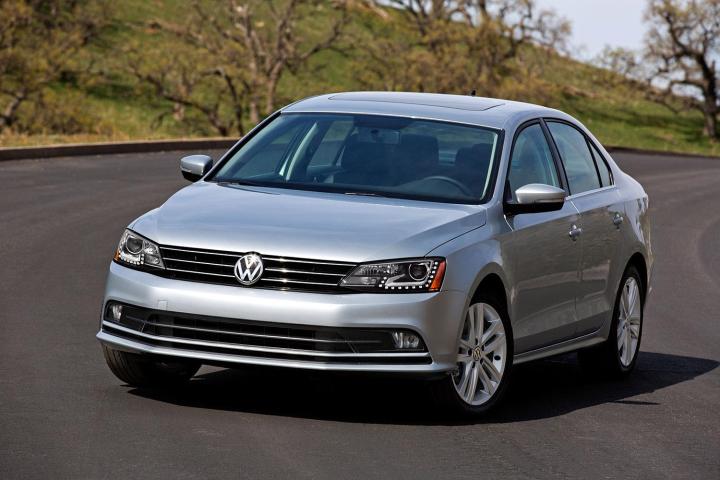
Since the whole mess began, many customers, analysts, and even a few politicians have called for Volkswagen to simply buy cars back, rather than try to modify them. That may be something VW is actually considering. A report by German newspaper Sueddeutsche Zeitung translated by Reuters claims Volkswagen is making plans to buy back 115,000 cars in the U.S.
The report did not cite sources, but claimed Volkswagen is considering refunding the purchase price of these cars, or offering customers a new car at a significant discount. Initially, 482,000 VW and Audi models with a 2.0-liter, four-cylinder engine from the EA189 series were found to have the illegal software. Subsequent probes found that an additional 85,000 VW, Audi, and Porsche vehicles with a separate 3.0-liter V6 powertrain also had the software.
The “defeat device” software allowed cars to detect the conditions of a laboratory emissions test, and temporarily lower emissions to legal levels. But in real-world driving, cars emitted much higher levels of pollutants. Some models were found to emit up to 35 times the legal levels of nitrogen oxides.
Finding a solution to the problem could be difficult and costly, prompting the calls for buybacks. Many of the affected cars don’t have the Selective Catalytic Reduction (SCR) systems that many other diesel cars use to comply with emissions standards. SCR systems spray urea fluid into the exhaust to clean it, and require a lot of hardware including a tank and plumbing.
Fitting an SCR system could cost thousands of dollars per car, and may not be worth the expensive considering some affected cars are already seven years old, analysts have said. Some cars may only require software changes, but even in that case, customers are concerned that changes will affect fuel economy or performance.
VW submitted proposed fixes to the U.S. Environmental Protection Agency and the California Air Resources Board in November. No details of the proposal have been made public, and talks between Volkswagen and the agencies are still ongoing.


